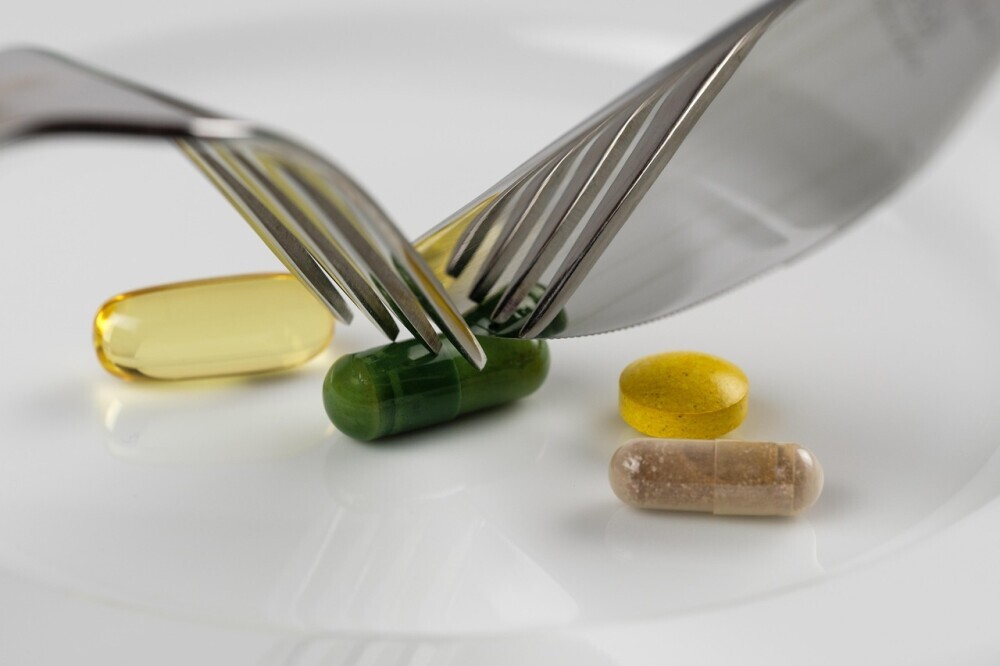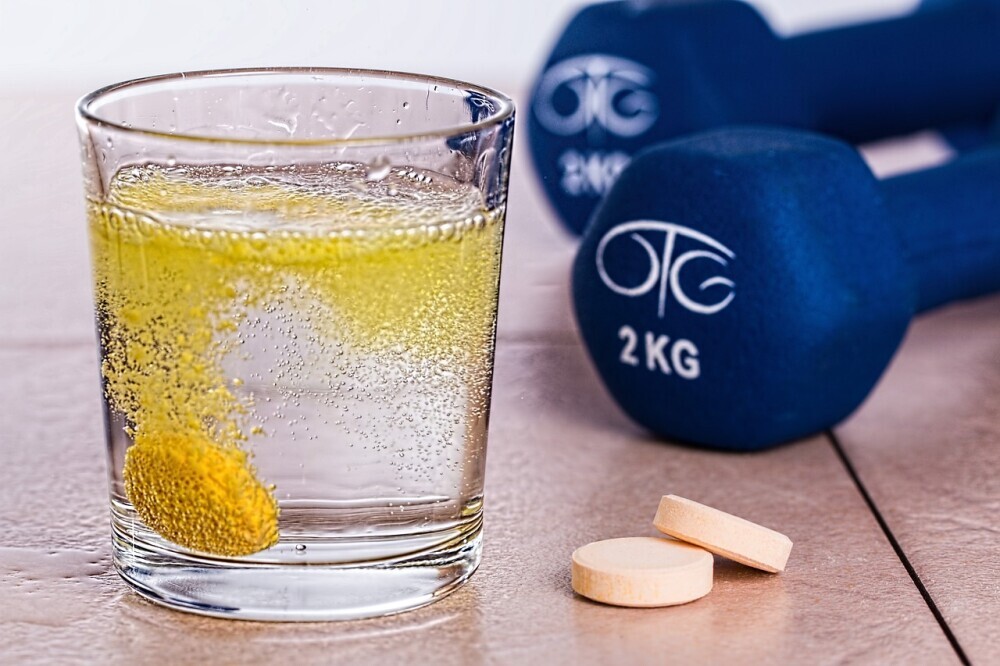When it comes to keeping healthy, supplements can play a pretty handy role. They’re not a replacement for a good diet or exercise, but they pack that extra punch that might be missing from your everyday meals.

Vitamin D is a biggie. It’s vital for bone health and the immune system. With limited sunlight exposure, especially here in the UK, topping up with a Vitamin D supplement might be a smart move.
Omega-3 Fatty Acids, often found in fish oil, work wonders for heart and brain health. If fish isn’t a regular on your menu, a supplement can fill in the gap. It’s like giving your heart a little TLC.
Magnesium is another all-star. It supports muscle function, energy levels, and even mood. With so many people not getting enough naturally, it’s an easy one to add to your routine.
Probiotics are about gut health, plain and simple. A healthy gut often equals a happy body. A good quality probiotic supplement can improve digestion and keep your immune system fighting fit.
Antioxidants like Vitamin C and E help fend off chronic diseases by busting those pesky free radicals. Including them in your supplement stack can be a proactive step toward long-term health.
No matter how good they seem, always check with a healthcare professional before starting any new supplement. You gotta make sure you’re taking what’s right for you, not just what’s trending.
Debunking Common Myths About Supplements
Supplements often get misunderstood, with folks thinking they’re magic fixes for everything. Let’s tackle some of these widespread myths head-on.
One big misunderstanding is the idea that supplements can replace a balanced diet. They’re here to help fill gaps, not replace a good ol’ plate of veggies and lean proteins.
Another myth is that all supplements are safe because they’re ‘natural’. Not true! Just because something’s labelled as natural doesn’t mean it’s harmless. Remember, snake venom’s natural too, and nobody’s signing up for that.
More doesn’t always equal better. Some folks think taking more of certain supplements will boost their health faster. Overdoing vitamins and minerals can have side effects, especially without guidance from a professional.
In the UK, regulatory bodies like the MHRA work to ensure that supplements are safe and what they say on the tin. This means less snake oil if you stick to well-regulated products, but always keep your eyes peeled for dodgy offerings.
Evidence-based research is golden when it comes to picking the right supplements. It’s about gathering facts, not likes or shares on social media. Trust the science and consult your GP or a registered nutritionist when in doubt.
Practical Guide to Choosing the Right Supplements
Picking the right supplement isn’t always as simple as grabbing a random bottle off the shelf. Understanding your personal health needs and goals is a good starting point. If you’re not sure, it might be worth having a chat with your GP for some tailored advice.
When it comes to reading labels, details matter. Look at the serving size, the full list of ingredients, and the percentage of daily value. It sounds a bit like homework, but it’s crucial for avoiding anything funky in your supplement.
Sticking with reputable brands goes a long way. Look for labels with third-party testing certifications, which means someone else has looked at the product’s claims to confirm they’re legit.
Supplements shouldn’t become a crutch. Overreliance can divert you from getting nutrients the natural way. Focus on lifestyle changes like eating more greens and staying active to support your supplement regimen.
Keep yourself informed by checking reliable sources and staying updated with medical guidance, as the world of supplements can change with new research. Knowledge is power when it comes to your health.
